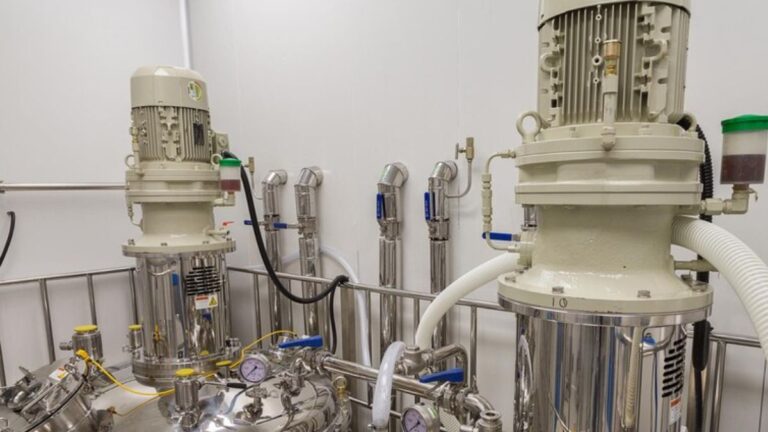Introduction to Decanters and Centrifuges
Decanters and centrifuges are pivotal in various industrial applications, particularly environmental management. These machines are essential for efficiently separating solids from liquids and ensuring proper treatment and disposal of waste materials. Their role extends across multiple sectors, contributing to cleaner production processes and more sustainable waste management practices.
History and Evolution
The journey of decanters and centrifuges dates back to the early 19th century, when they were first introduced as rudimentary, hand-operated machines. These early versions were primarily used in laboratories for simple separation tasks. However, as industrial demands grew and technology advanced, these tools evolved into highly sophisticated, automated systems. Due to continuous innovation and technological advancements, decanters and centrifuges are integral to numerous industrial processes.
Working Principles of Decanters and Centrifuges
The fundamental principle behind decanters and centrifuges is centrifugal force. It is the force generated by the body’s inertia and acting outward on a body rotating around a center. When a mixture of solids and liquids is subjected to rotational motion in a centrifuge, the denser particles are forced toward the perimeter of the spinning chamber. In contrast, the less dense liquid remains closer to the center. This phenomenon allows for the efficient separation of different components based on their density, enabling various industries to process materials more effectively. Understanding the mechanics of these separation processes is crucial for optimizing their application in any industrial setting. If you want to learn more about the exact systems utilized in these technologies, look at the comprehensive solutions offered at https://diamondtservices.com/solutions/decanters-centrifuges/.
Applications in Environmental Management
In environmental management, decanters and centrifuges are indispensable for several critical applications. One primary use is in wastewater treatment plants, where these machines separate sludge from water. The separated sludge can then be further treated or disposed of in a way that respects the environment. Additionally, decanters and centrifuges are used in industrial effluent processing to remove pollutants from wastewater before they are released back into natural water bodies. This process helps minimize environmental pollution and ensures that industries comply with stringent environmental regulations. Another significant application is dewatering sludge, which lessens its bulk and facilitates faster, more affordable transportation and disposal.
Benefits of Using Decanters and Centrifuges
The benefits of using decanters and centrifuges in industrial processes are numerous. One of the primary advantages is their high separation efficiency, which leads to better waste management and resource recovery. Because these devices are designed to handle large volumes of material, they are suitable for industrial-scale applications. Furthermore, their use significantly reduces the environmental impact of industrial processes by minimizing the amount of waste generated and ensuring cleaner effluent discharge. Decanters and centrifuges often require less manual intervention and can operate continuously, enhancing overall operational efficiency.
Challenges and Solutions
Despite the numerous benefits, implementing decanters and centrifuges poses some challenges. One of the main issues is the complexity of maintenance, which can require specialized knowledge and tools. Regular maintenance is essential to ensure these machines’ optimal performance and longevity. High energy consumption is another challenge, which can increase operational costs and the environmental footprint of the processes involved. Nonetheless, innovative solutions such as developing energy-efficient models and integrating advanced monitoring systems can successfully handle these difficulties. Employing trained personnel to operate and maintain decanters and centrifuges also ensures smoother functioning and reduces the likelihood of breakdowns.

